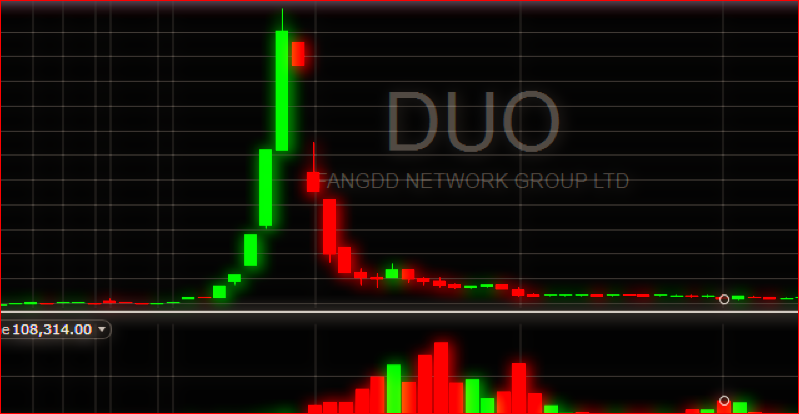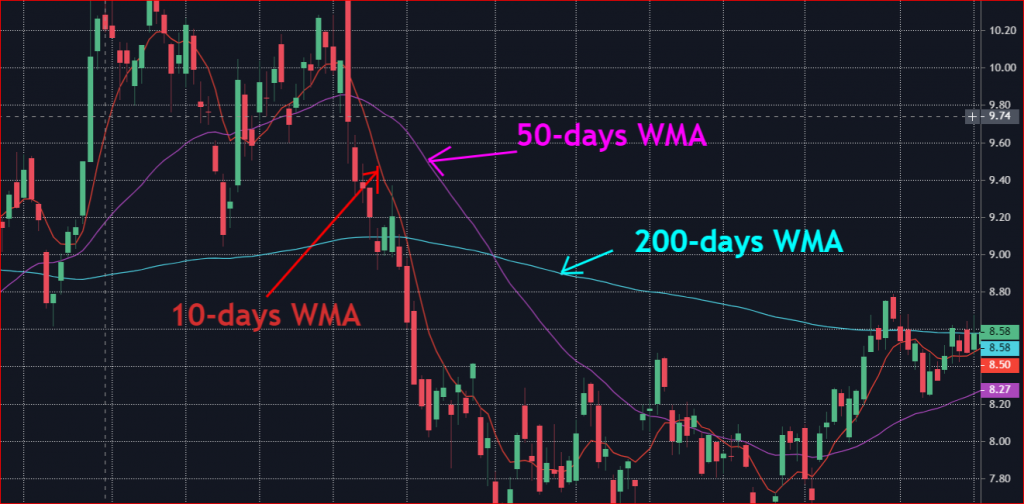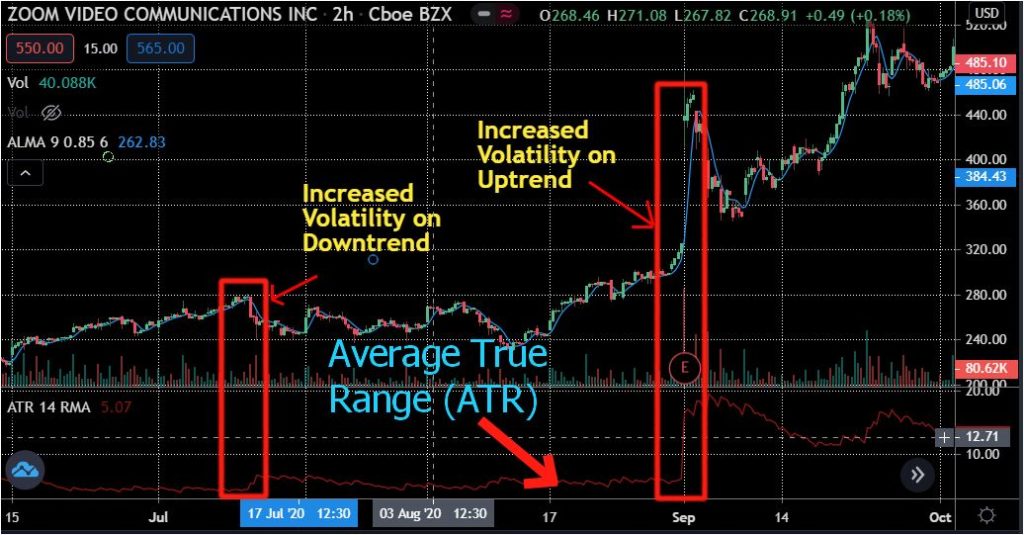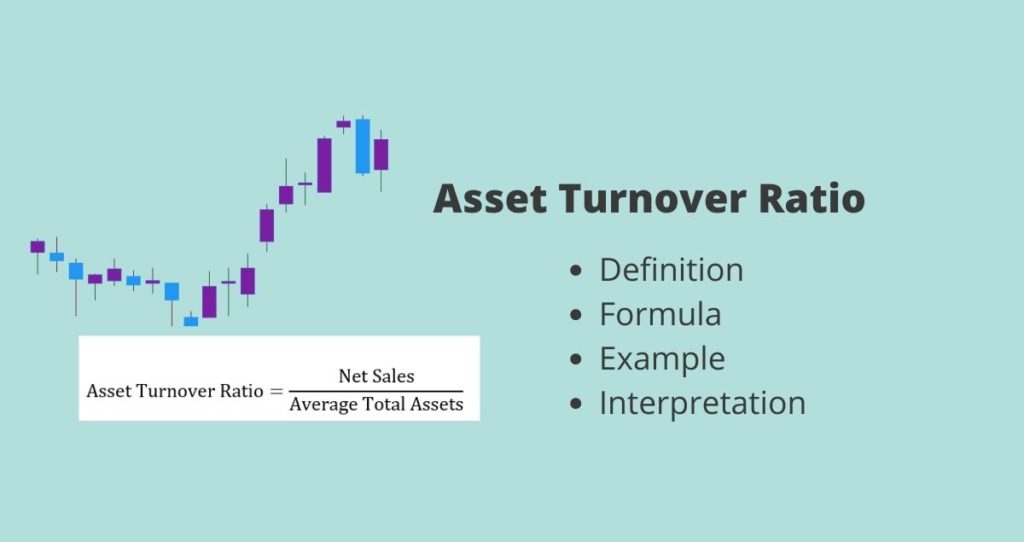What is a hedge fund?
A hedge fund is an investment institution that uses pooled money from many investors and invests the money in securities such as corporate stocks, bonds, etc. Hedge funds are not regulated as much as mutual funds and they are riskier. They use aggressive and risky methods to generate high returns from their investments.
Hedge funds are not for everyone. Due to fewer regulations from the U.S Securities and Exchange Commission(SEC), only accredited investors can use and invest in hedge funds.
Should I invest in a hedge fund?
Although there are many requirements to become a hedge fund investor, there are some that stand out the most. Since investing in a hedge fund is riskier and funds are not heavily regulated; you must be very careful before you put your money in a hedge fund.
According to SEC, the following are things you need to consider before investing in a hedge fund. You can read more in detail by visiting the SEC Website.
- Are you an accredited investor? This is the first requirement. An accredited investor is a person or an entity that is permitted to have dealings with securities that are not registered with financial authorities. These investors or businesses are required to meet some income, net worth, experience, asset sizes, etc, requirements, according to Investopedia.
- Limitations on rights to redeem your shares. The time to redeem or cash in your shares is limited to four times or less per year. I addition, a lock-up period of one year or more is imposed. You must decide if your investment goals will not be affected by these regulations.
- Fees. The fees charged by hedge funds to manage assets are between 1-2% and a performance fee of 20% fo the hedge fund’s profit.
- Asset valuation procedures. Some assets are difficult to evaluate and hard to sell. You must understand how your hedge fund proceeds with these matters.
- Understand the risk. You must understand your risk tolerance. Assess whether risks your hedge fund takes aligns with your investment goals.
- Do research on managers of the hedge fund.
What are the characteristics of hedge funds?
- Hedge funds are not liquid. In short, liquidity is how fast an asset can be transformed into a ready to use cash. Your investments in hedge funds are not liquid because of a lock-up period and you cannot cash in more than four times a year.
- There are not enough regulations on hedge funds. Without enough regulations, hedge funds usually conduct businesses that could be too risky for some investors.
- High performing managers receive bonuses
- It is hard to trust their track records due to the use of biased data when evaluating their performances
- High secrecy prevents many investors from evaluating hedge funds
Benefits of investing in hedge funds?
- Flexibility. They are less regulated by SEC and therefore, can get involved in all investment options including short selling securities.
- Your money will be invested aggressively for more profit
- Hedge funds benefit in bullish markets and bearish markets. Regular investors and mutual funds take long positions in securities. For this reason, they only benefit when the market is going up. On the contrary, hedge funds take long positions and short positions. That is, they can go long in bullish markets and short securities in bearish markets.
- Experienced management team to manage your money
- An acceptable level of performance disclosure
- Diversification of your assets
Final Words
Investing in hedge funds can be very rewarding. Money managers of hedge funds take extra steps to make sure you get the highest returns on your investments.
Unfortunately, the extra step they take increases your risks. Hedge funds can take risky investments since they are not heavily regulated.
Before putting your money in a hedge fund, do your homework. At least, you will choose the best hedge fund with less or manageable risks.









